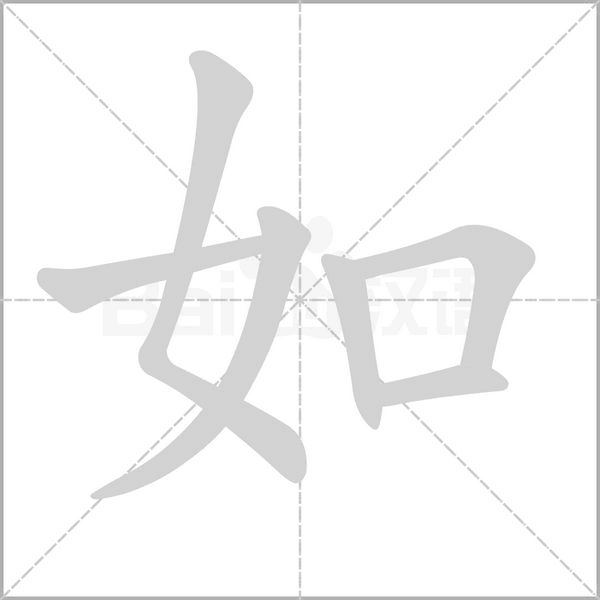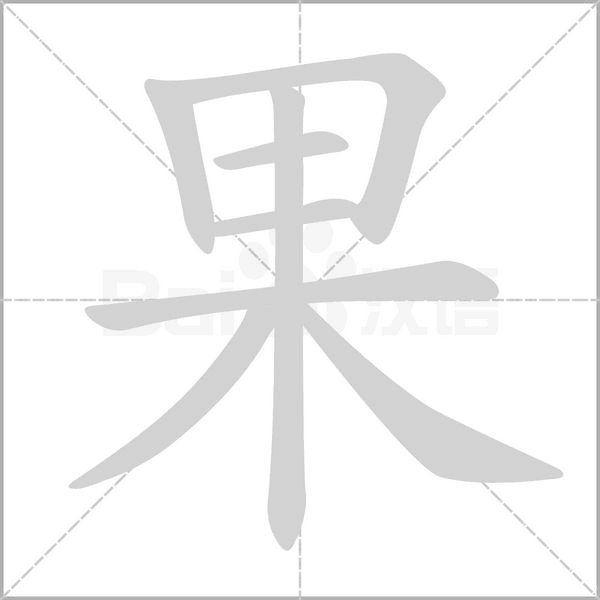Quick link:
女孩兒/女孩儿、一場電影/一场电影、矮、不但…而且…、需要、主動/主动、善良、男孩兒/男孩儿、福氣/福气、真誠/真诚、責任感/责任感、幽默感、永遠、傻笑、中等個兒/中等个儿、不僅僅/不仅仅、替、尷尬/尴尬、滋味兒/滋味儿、笨、拍電影/拍电影、一部電影/一部电影、對…有意思/对…有意思、幫忙/帮忙、並不/并不、並沒/并没、如果
女孩兒/女孩儿 [nǚháir] N. girl. 男孩兒還是女孩兒/男孩儿还是女孩?Is it a boy or a girl?
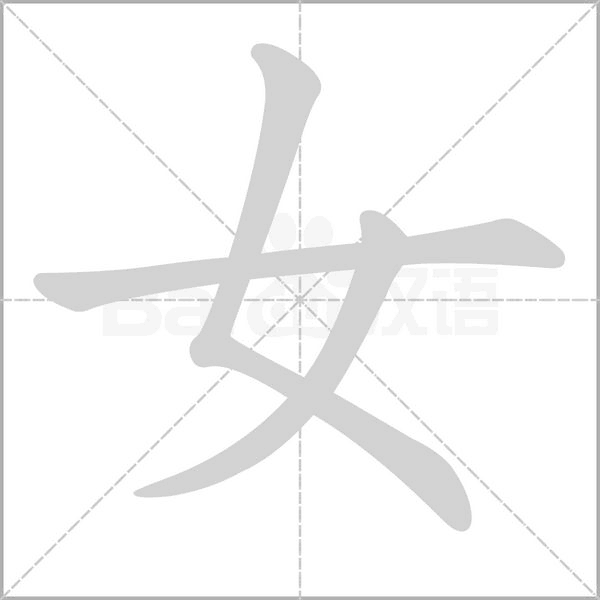

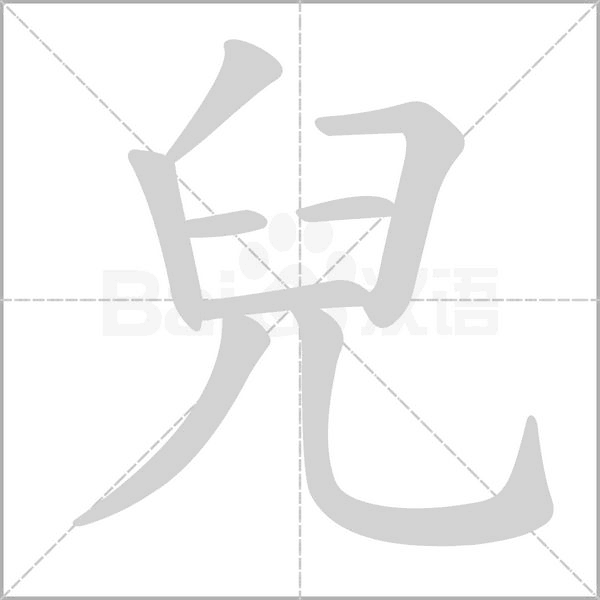
er: a retroflex suffix
radical: 兒
Note that “兒” is an important retroflex suffix in Mandarin Chinese. In Mandarin Chinese, “érhuà” (the addition of the retroflex suffix “-r”) can add a sense of intimacy or diminutiveness to nouns. However, this usage is limited to certain specific words. For example, “画儿” (huàr) conveys a more casual or affectionate tone than “画” (huà), and “玩儿” (wánr) sounds more colloquial than “玩” (wán). In addition, “érhuà” can also change the meaning of certain words. For example: “哪” (nǎ; which) becomes “哪儿” (nǎr; where), and “那” (nà; that) becomes “那儿” (nàr; there).
一場電影/一场电影 [yìchǎng diànyǐng] NP. a movie. 我們去看一場電影吧/我们去看一场电影吧。Let’s go watch a movie.

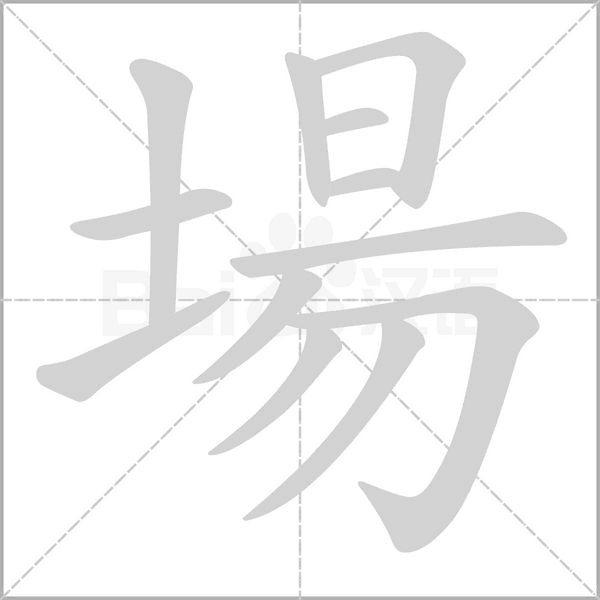

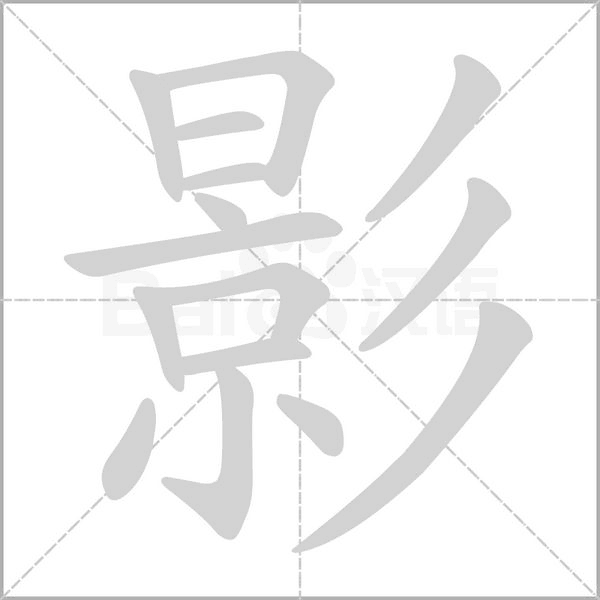
矮 [ǎi] Adj. short (height). 我的男朋友不高不矮。My boyfriend is neither tall nor short.
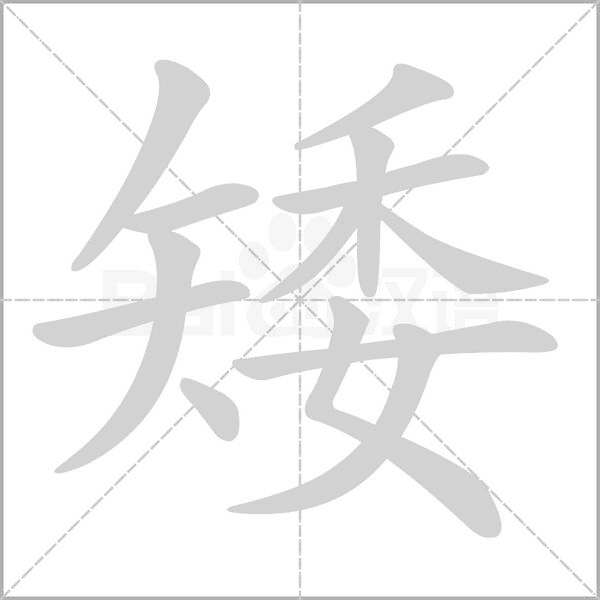
不但…而且… [búdàn…érqiě] Not only…,but also…. 我家不但有廁所,而且還有電影院。/ 我家不但有厕所,而且还有电影院。My house not only has a bathroom, but also a movie theater.




需要 [xūyào] V. to need. 我現在需要你的幫助/我现在需要你的帮助。I need your help right now.


主動/主动 [zhǔdòng] Adj./Adv. active; to offer to do. 第一次約會,你應該主動一點兒。/第一次约会,你应该主动一点。On the first date, you should take the initiative a bit.
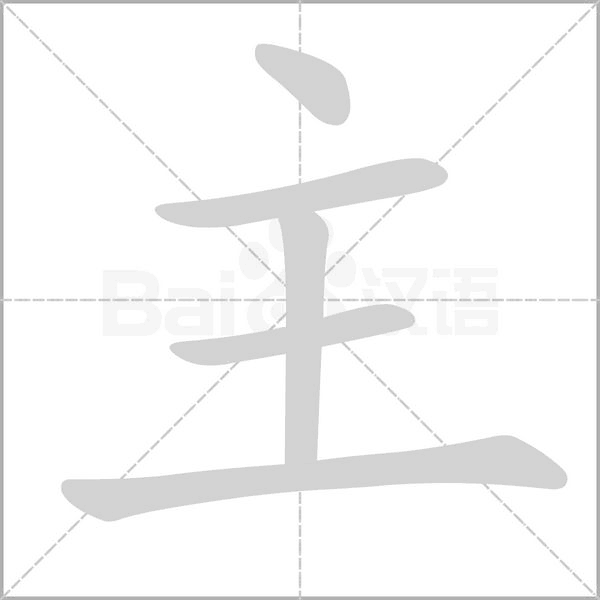

善良 [shànliáng] Adj. kind-hearted. 她是一個善良的女孩兒/她是一个善良的女孩儿。She is a kind girl.
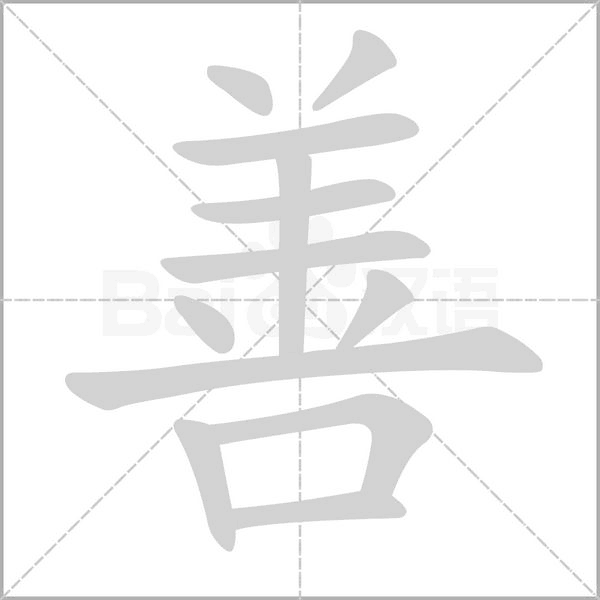
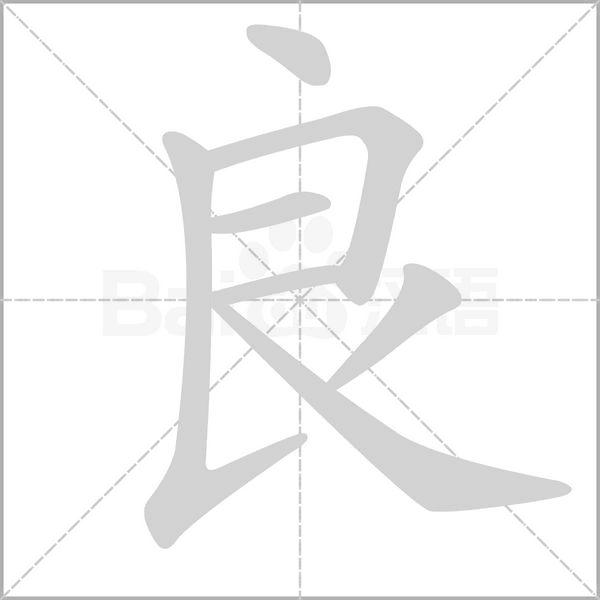
男孩兒/男孩儿 [nánháir] N. boy. 我老婆生了個男孩兒/我老婆生了个男孩儿。My wife gave birth to a boy.


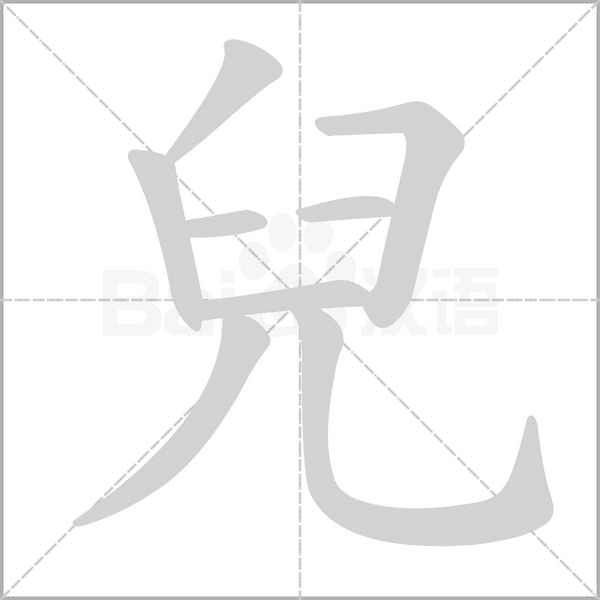
er: a retroflex suffix
radical: 兒
Note that “兒” is an important retroflex suffix in Mandarin Chinese. In Mandarin Chinese, “érhuà” (the addition of the retroflex suffix “-r”) can add a sense of intimacy or diminutiveness to nouns. However, this usage is limited to certain specific words. For example, “画儿” (huàr) conveys a more casual or affectionate tone than “画” (huà), and “玩儿” (wánr) sounds more colloquial than “玩” (wán). In addition, “érhuà” can also change the meaning of certain words. For example: “哪” (nǎ; which) becomes “哪儿” (nǎr; where), and “那” (nà; that) becomes “那儿” (nàr; there).
福氣/福气 [fúqì] N. a state of being lucky. 你老婆對這麼好,你真有福氣。/ 你老婆对你这么好,你真有福气。Your wife is so good to you, you’re really lucky.

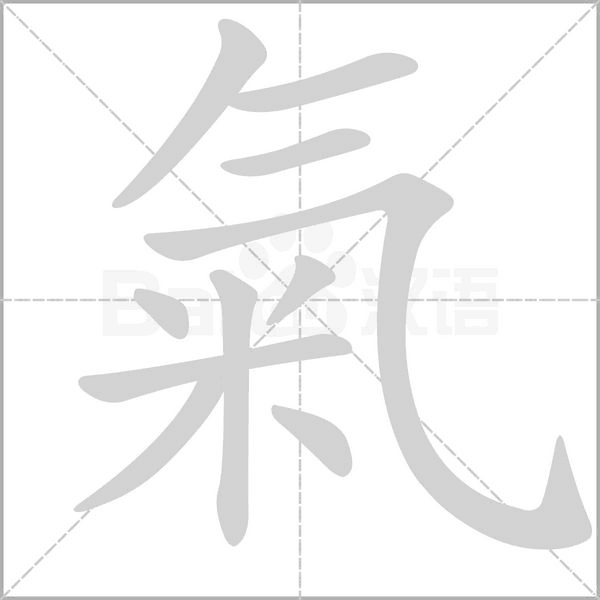
真誠/真诚 [zhēnchéng] Adj. sincere. 我們都真誠一點兒/我们都真诚一点儿。Let’s all be a little more sincere.
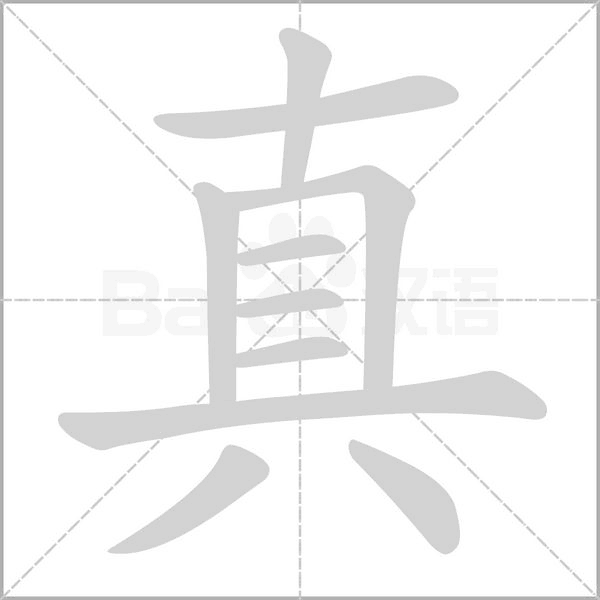
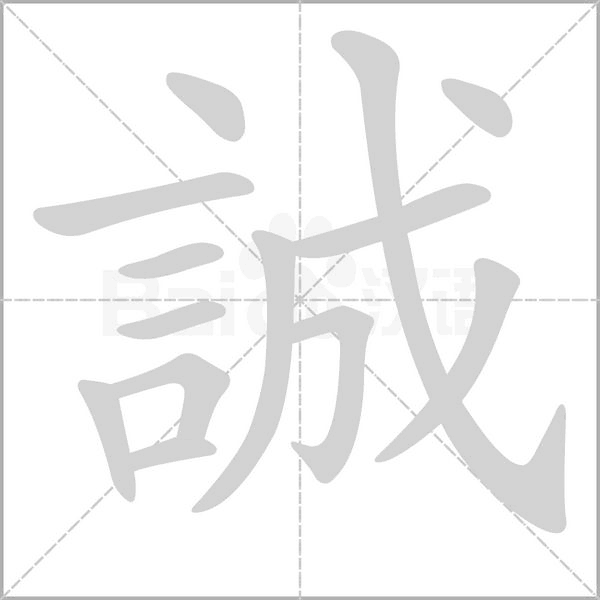
責任感/责任感 [zérèngǎn] N. sense of responsibility. 你的男朋友有沒有責任感/你的男朋友有没有责任感?Does your boyfriend have a sense of responsibility?
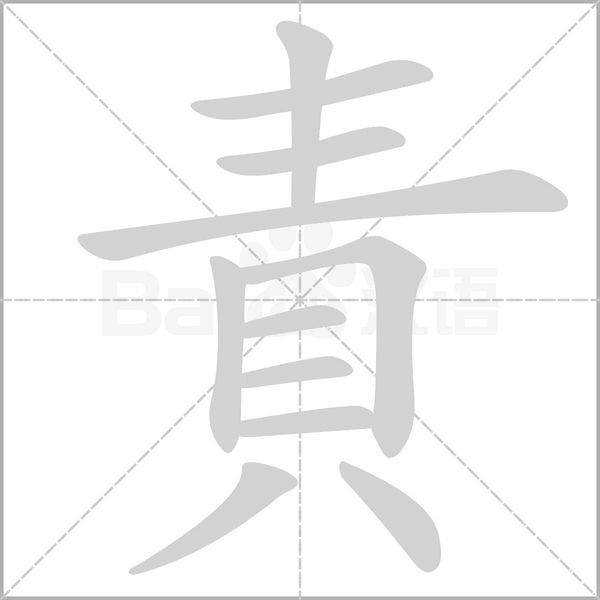

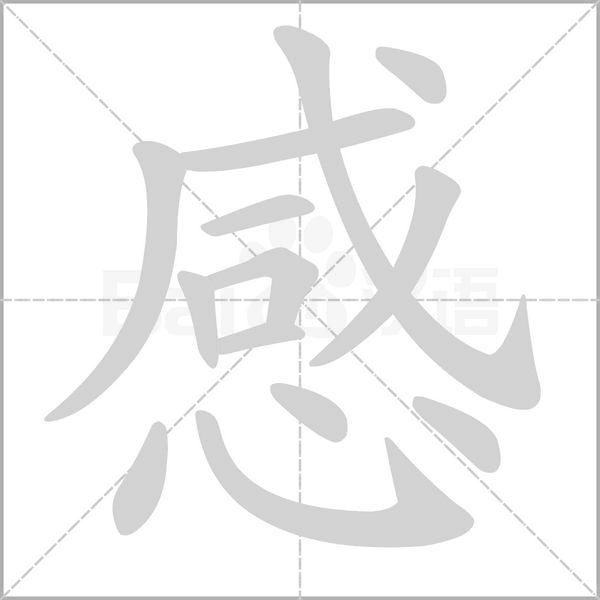
幽默感 [yōumògǎn] N. sense of humor. 他很有幽默感。He has a great sense of humor.

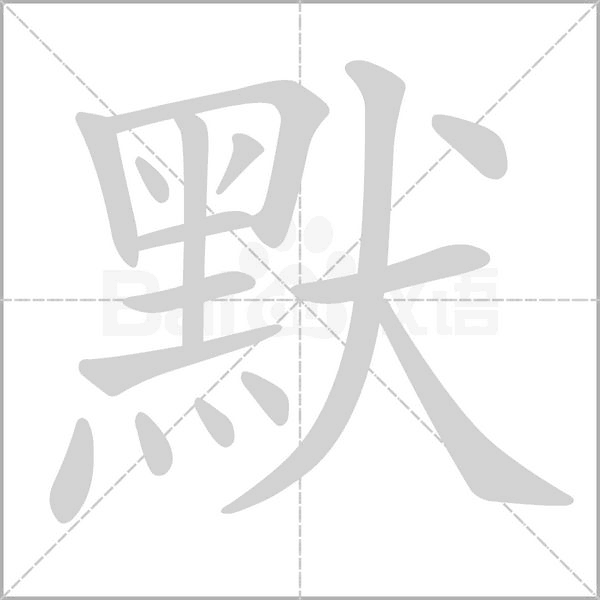
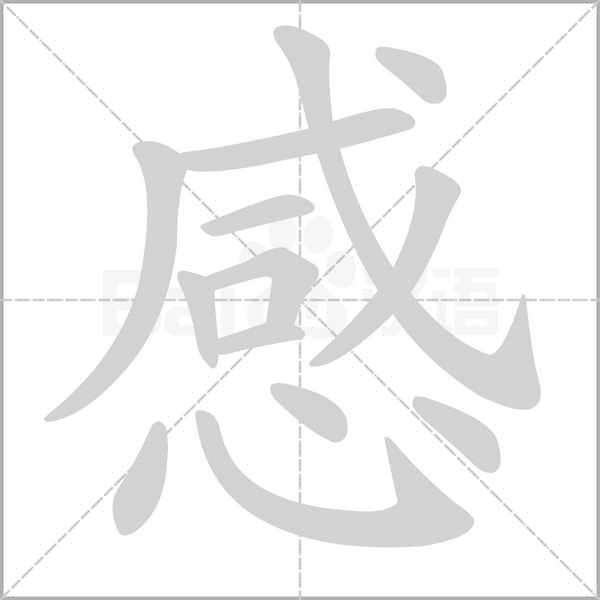
永遠/永远 [yǒngyuǎn] Adv. forever. 我永遠愛你/我永远爱你。I will love you forever.

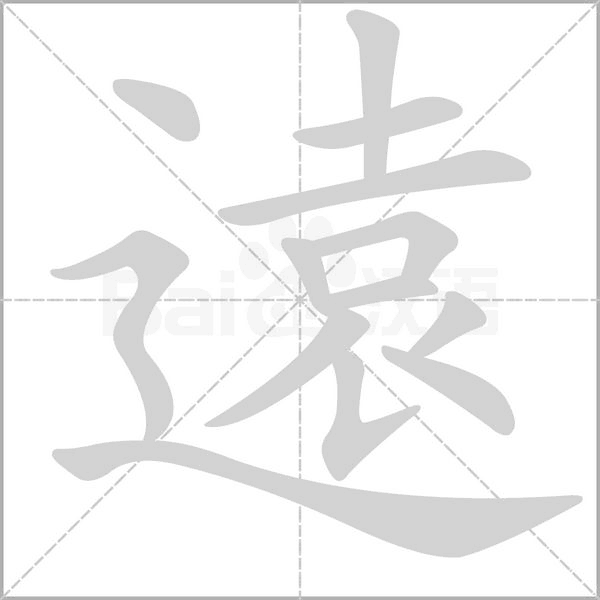
傻笑 [shǎxiào] VP to laugh in a silly way. 你在那兒傻笑什麼呢/你在那儿傻笑什么呢?What are you laughing at over there?
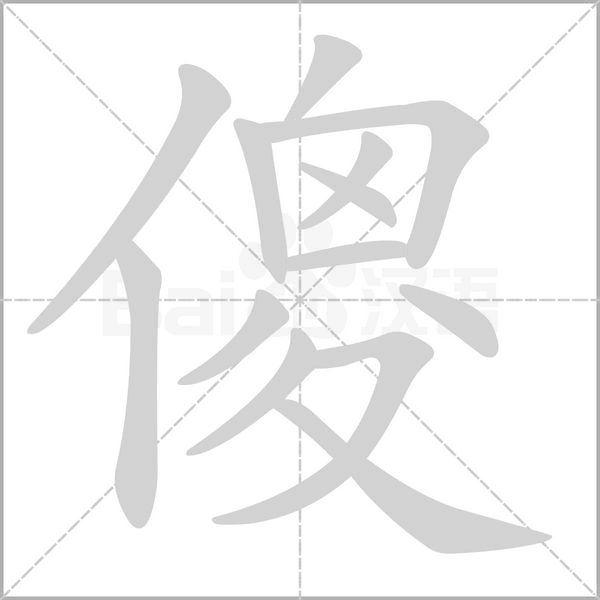

中等個兒/中等个儿 [zhōngděng gèr] N. of the average height. 他中等個兒/他中等个儿。He is of medium height.

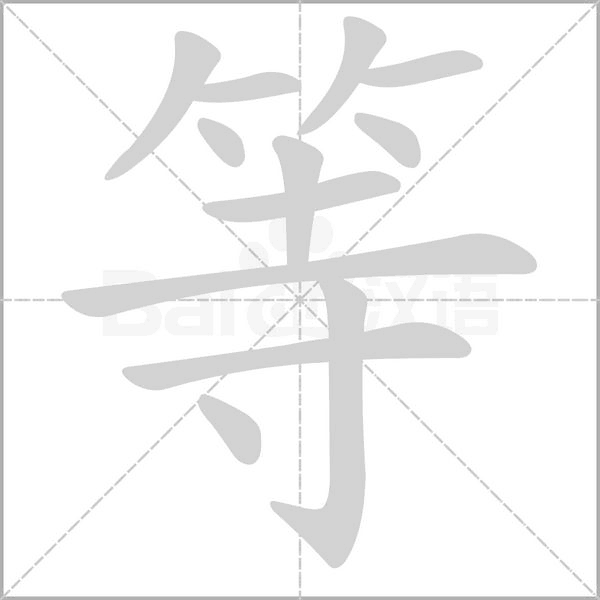

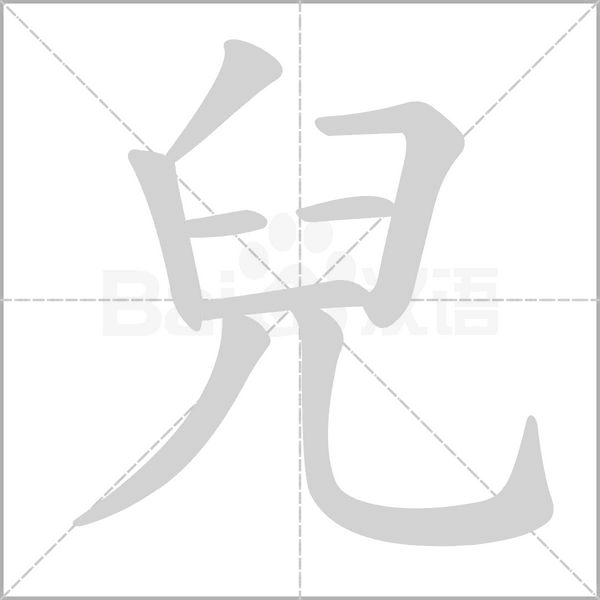
er: a retroflex suffix
radical: 兒
Note that “兒” is an important retroflex suffix in Mandarin Chinese. In Mandarin Chinese, “érhuà” (the addition of the retroflex suffix “-r”) can add a sense of intimacy or diminutiveness to nouns. However, this usage is limited to certain specific words. For example, “画儿” (huàr) conveys a more casual or affectionate tone than “画” (huà), and “玩儿” (wánr) sounds more colloquial than “玩” (wán). In addition, “érhuà” can also change the meaning of certain words. For example: “哪” (nǎ; which) becomes “哪儿” (nǎr; where), and “那” (nà; that) becomes “那儿” (nàr; there).
不僅僅/不仅仅 [bù jǐnjǐn] Adv. not only (formal). 我學中文不僅僅是為了拿學分/我学中文不仅仅是为了拿学分。I study Chinese not just for the credits.


替 [tì] V. take the place of. 你休息吧,我替你做。Take a rest, I’ll do it for you.
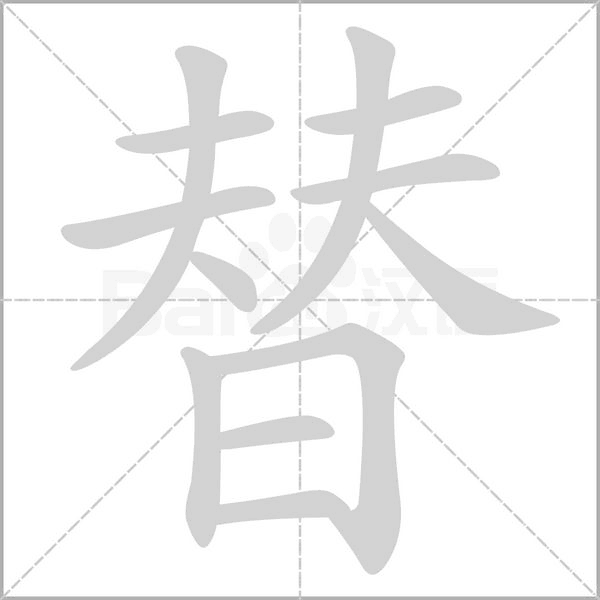
尷尬/尴尬 [gāngà] Adj. awkward; embarrassed. 太尷尬了/太尴尬了!It’s so embarrassing!
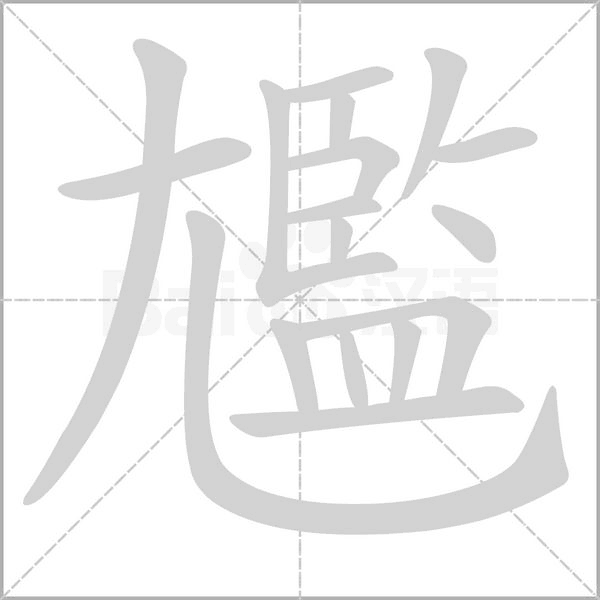

滋味兒/滋味儿 [zīwèir] N. taste (of doing something) (metaphorical). 每天學到3點,你知道那種滋味兒嗎/每天学到3点,你知道那种滋味吗?Do you know what it feels like to study until 3 AM every day?
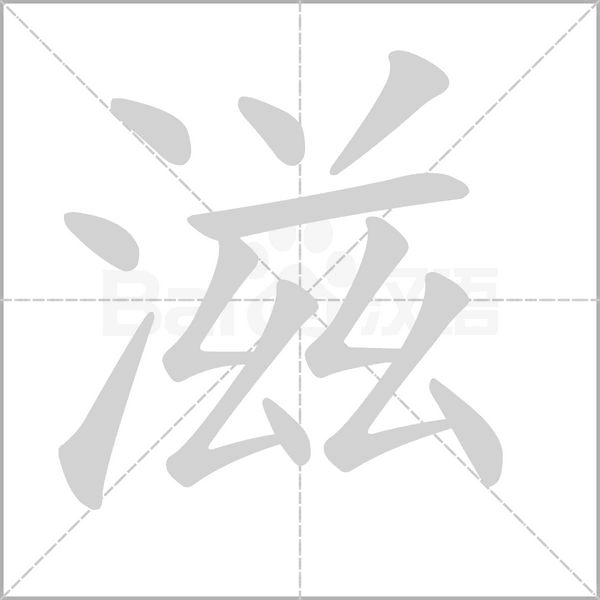
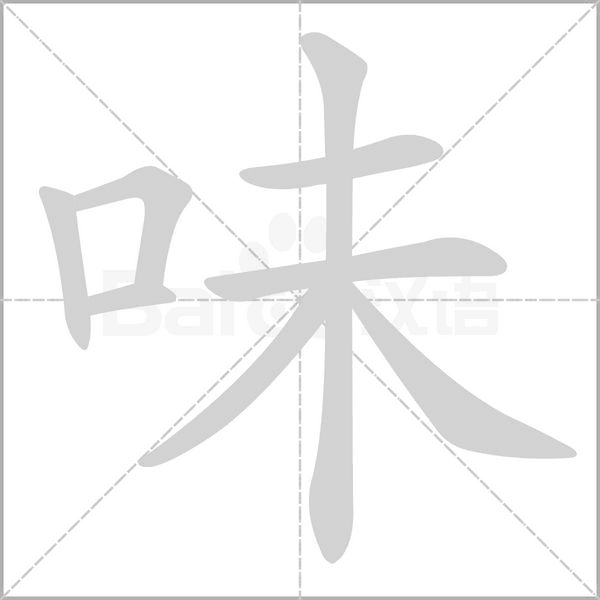
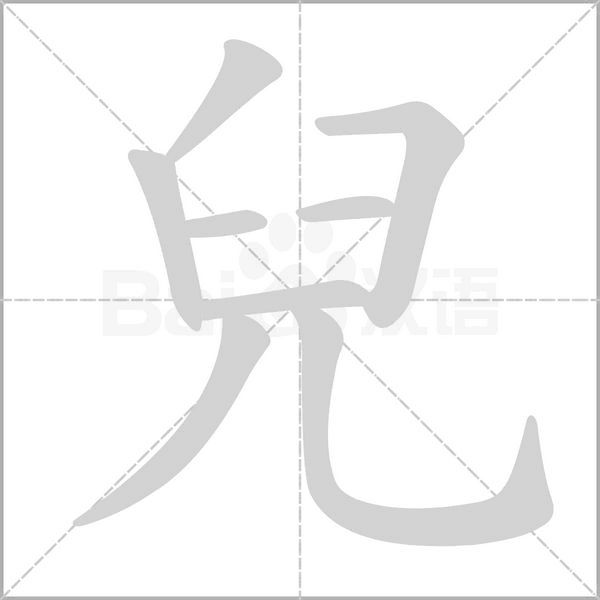
er: a retroflex suffix
radical: 兒
Note that “兒” is an important retroflex suffix in Mandarin Chinese. In Mandarin Chinese, “érhuà” (the addition of the retroflex suffix “-r”) can add a sense of intimacy or diminutiveness to nouns. However, this usage is limited to certain specific words. For example, “画儿” (huàr) conveys a more casual or affectionate tone than “画” (huà), and “玩儿” (wánr) sounds more colloquial than “玩” (wán). In addition, “érhuà” can also change the meaning of certain words. For example: “哪” (nǎ; which) becomes “哪儿” (nǎr; where), and “那” (nà; that) becomes “那儿” (nàr; there).
笨 [bèn] Adj. silly. 笨死了!So stupid!

拍電影/拍电影 [pāi diànyǐng] V-O. to shoot a movie. 李安拍了很多電影/李安拍了很多电影。Ang Lee has directed many films.


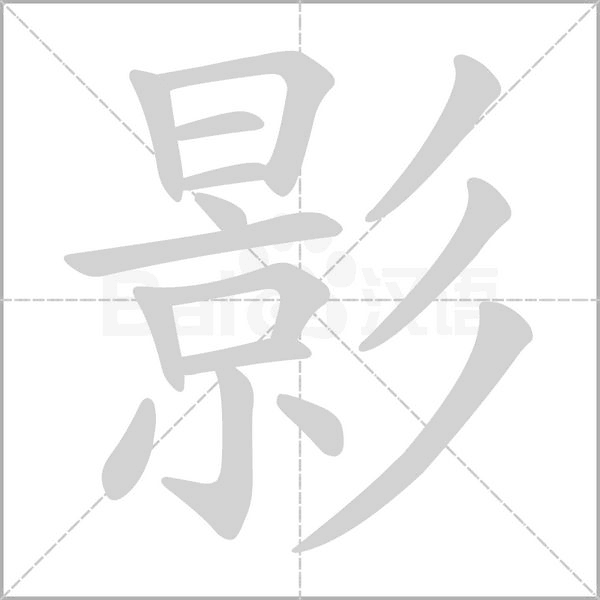
一部電影/一部电影 [yíbù diànyǐng] NP. a movie. 我昨天在家看了一部電影/我昨天在家看了一部电影。I watched a movie at home yesterday.

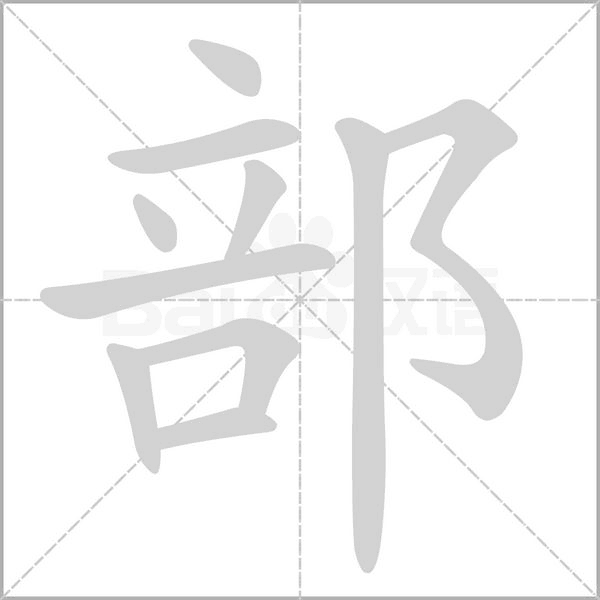

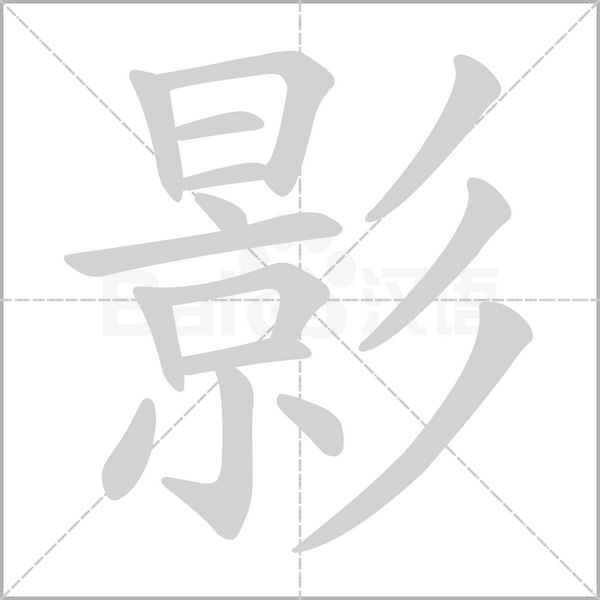
對…有意思/对…有意思 [duì…yǒuyì.sī] VP to be interested in sb. 我覺得他對我有意思/我觉得他对我有意思。I think he’s interested in me.
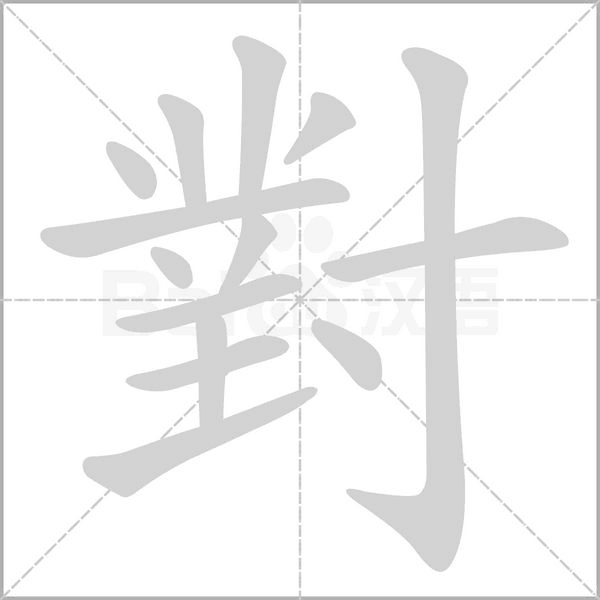

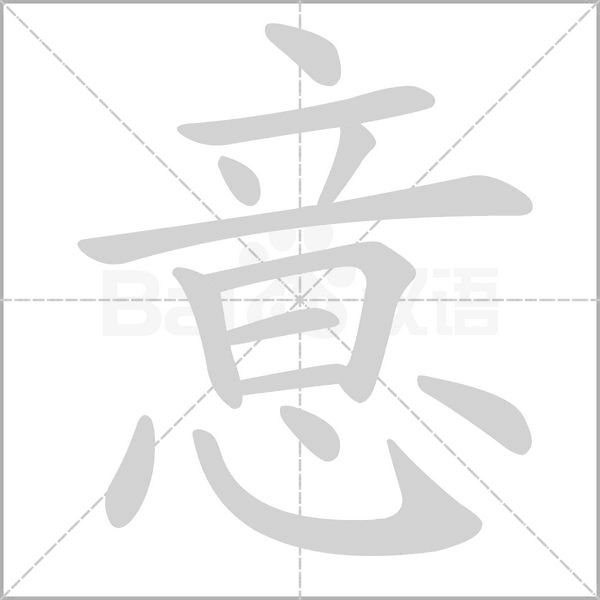

幫忙/帮忙 [bāngmáng] V-O to help. 能過來幫個忙嗎/能过来帮个忙吗?Can you come over and help?

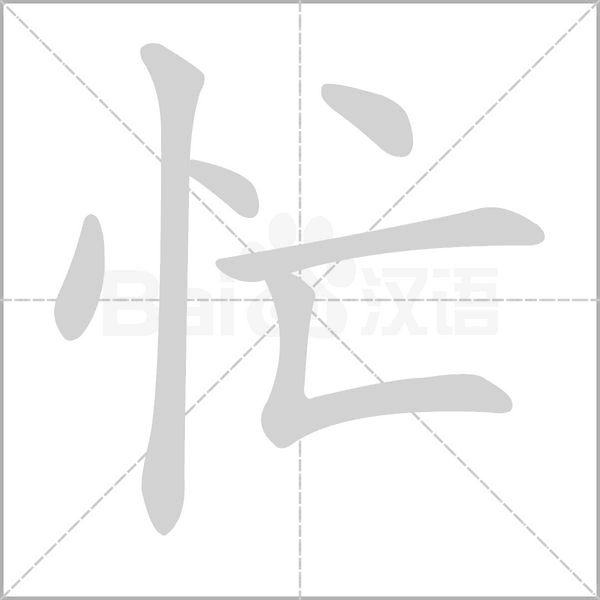
並不/并不 [bìngbù] Adv. used to emphasize. 我並不喜歡吃肉/我并不喜欢吃肉。I don’t really like eating meat.


並沒/并没 [bìngméi] Adv. used to emphasize. 我是喜歡吃肉,可是我昨天並沒吃。/ 我是喜欢吃肉,可是我昨天并没吃。I do like eating meat, but I didn’t eat any yesterday.


如果 [rúguǒ] Conj. if (formal). 如果有時間,你會去哪兒?/ 如果有时间,你会去哪儿?If you have time, where would you go?
